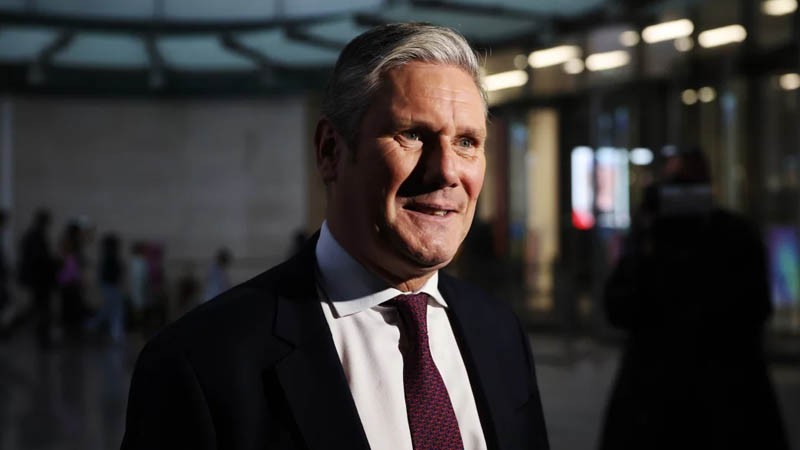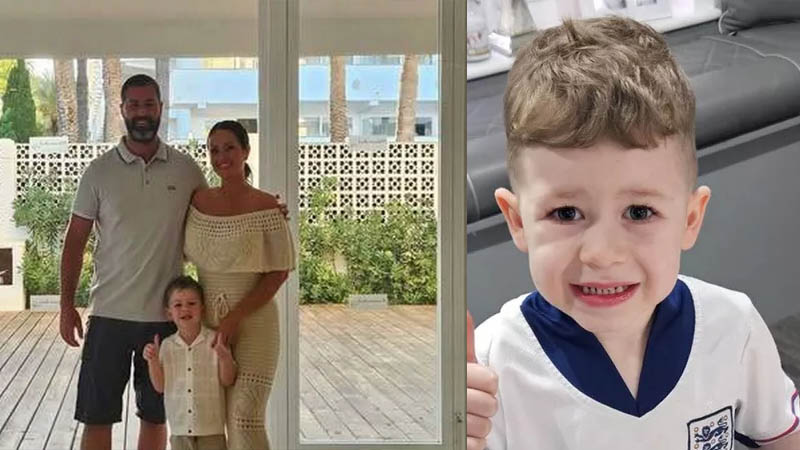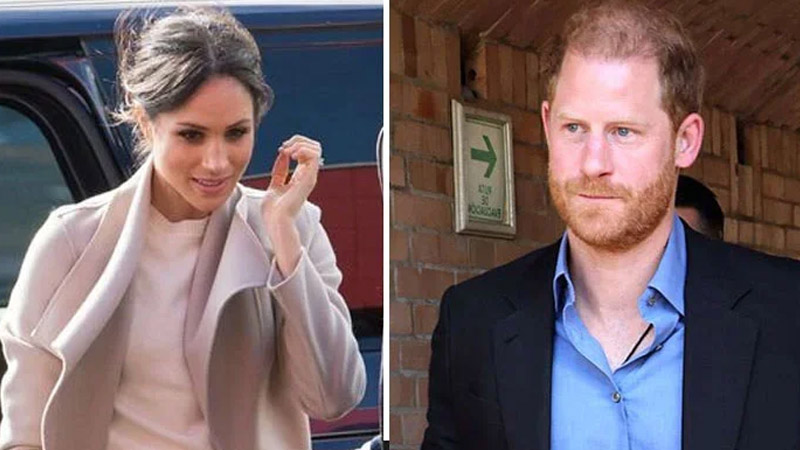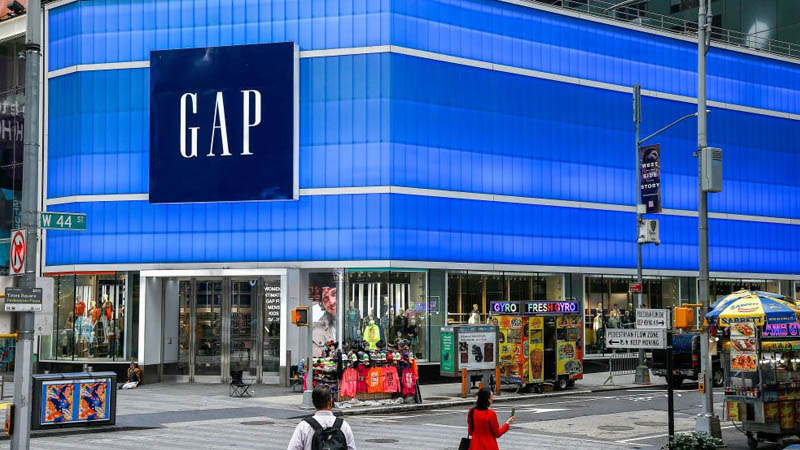
In a dramatic turn of events, U.S. President Donald Trump has declared that he is “strongly considering” imposing heavy sanctions and tariffs on Russia until a final peace agreement is reached. The statement, made via his TruthSocial platform, has sent shockwaves through the global political landscape as world leaders scramble to reinforce European defenses and push for a Ukrainian peace deal.
Amid dwindling U.S. security support, UK Prime Minister Keir Starmer has intensified diplomatic efforts to unify European nations in a bid to secure peace in Ukraine. In a high-stakes phone call with European Commission President Ursula von der Leyen, European Council President Antonio Costa, and leaders from Canada, Norway, Turkey, and Iceland, Starmer underscored the necessity of collective action. The discussions came on the heels of an EU Council meeting that saw European nations commit to unlocking billions of euros for security measures.
Downing Street has confirmed that the conversation focused on aligning European and allied strategies to counter what Starmer described as “egregious Russian aggression.” A spokesperson for the UK government stated, “The Prime Minister applauded the progress the European Union had made at the European Council yesterday, saying it was a historic step forward and another sign of Europe stepping up.”

Starmer has been actively seeking nations willing to defend any prospective peace agreement, forming what has been dubbed the “Coalition of the Willing.” The UK leader also welcomed the possibility of peace talks in Saudi Arabia next week, a diplomatic initiative that could be a pivotal moment in the war-torn region. The upcoming Chiefs of Defence meeting in Paris on Tuesday is expected to further these discussions and finalize strategic plans.
Trump, however, has injected fresh uncertainty into the geopolitical equation. In a forceful message on TruthSocial, he wrote: “Based on the fact that Russia is absolutely ‘pounding’ Ukraine on the battlefield right now, I am strongly considering large scale Banking Sanctions, Sanctions, and Tariffs on Russia until a Cease Fire and FINAL SETTLEMENT AGREEMENT ON PEACE IS REACHED. To Russia and Ukraine, get to the table right now, before it is too late. Thank you!!!”
More: Keir Starmer Urged to Ditch Trump Praise and Focus on a Future Without Him
More: Rachel Reeves’ Next Move Set to Spark Fury and Division Within Her Own Party
His remarks have reignited debates about America’s role in global security, particularly regarding NATO commitments. Just a day before, Trump had questioned whether the U.S. should defend NATO allies that do not meet their defense spending obligations. “If they don’t pay, I’m not going to defend them. No, I’m not going to defend them,” he stated when asked about U.S. policy toward NATO nations that fail to meet their financial commitments.
Despite the controversy, Downing Street has played down Trump’s remarks, pointing out that he had reaffirmed his commitment to NATO’s Article 5 during his recent meeting with Starmer. The UK government noted that Trump’s previous stance on NATO had actually led to increased defense spending among allied nations.
Meanwhile, diplomatic relations between Washington and Kyiv have been tense following Trump’s decision to pause military aid and intelligence sharing with Ukraine. The move came after a reportedly heated encounter between Trump and Ukrainian President Volodymyr Zelensky in the Oval Office last week. However, there are signs of a thaw, as negotiations between the two nations appear to be regaining momentum. Zelensky has confirmed that discussions are scheduled to take place in Saudi Arabia next week, signaling renewed efforts toward a diplomatic resolution.
Starmer and other European leaders remain cautiously optimistic, with over 20 countries, mostly from Europe and the Commonwealth, expressing interest in contributing to the “Coalition of the Willing.” While not all nations may commit troops to a potential peacekeeping force, many are expected to offer logistical, financial, or diplomatic support.
As the world watches anxiously, the upcoming diplomatic meetings in Riyadh and Paris could shape the next phase of the Ukraine conflict. With Trump considering economic pressure on Russia and European leaders rallying for a security-based peace solution, the question remains—will these efforts bring Ukraine and Russia to the negotiating table, or will the war continue to escalate?










